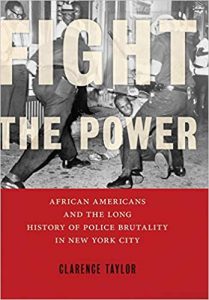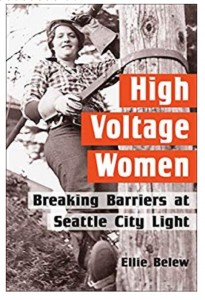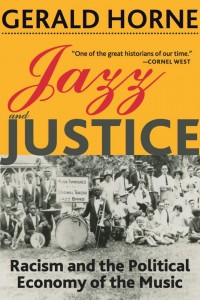BOOK REVIEW: Fight the Power
 The first book review of December is here! Click here to read Brian Greenberg’s review of Fight the Power: African Americans and the Long History of Police Brutality in New York City, the 2018 book written by Clarence Taylor.
The first book review of December is here! Click here to read Brian Greenberg’s review of Fight the Power: African Americans and the Long History of Police Brutality in New York City, the 2018 book written by Clarence Taylor.


 The NYLHA’s newest book review is here!
The NYLHA’s newest book review is here!